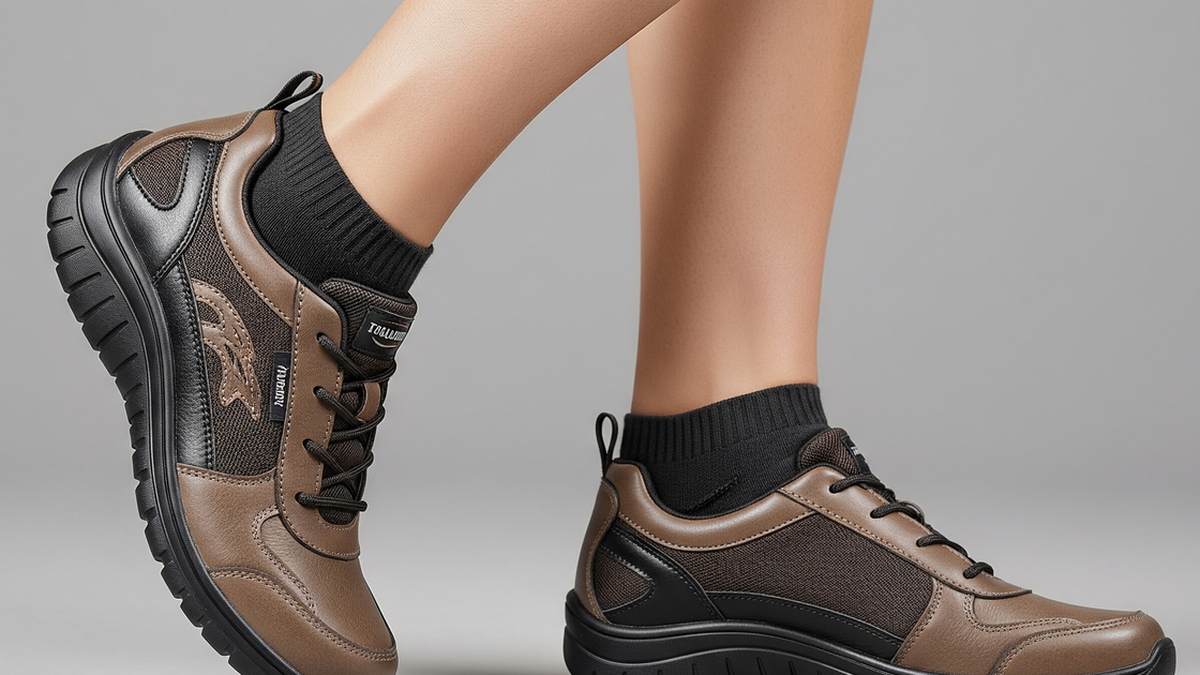Most health experts recommend bathing in warm water between 37.7 and 40.7 degrees Celsius. However, Jennifer Steinhoff, MD, a family medicine and sports medicine physician and member of the American Board of Medical Experts, says there are a few key points to keep in mind:

Bathing in water that is too cold can increase blood pressure, heart rate, and increase the risk of stroke.
Photo: AI
When sick: Take a warm bath.
Of course, in this case, a warm bath of no more than 40.7 degrees Celsius is ideal. Warm water helps to relax and rest, fighting fever.
Many people take cold showers to “cool down” their fever, but this is ineffective. When you are cold, your body shivers to warm itself up, which can raise your body temperature and put pressure on your immune system.
When you have muscle pain: Take a cold shower.
There are a number of reasons why athletes immerse themselves in cold water or ice after competition. Benefits may include:
- Relieves muscle pain and stiffness.
- Promotes faster recovery.
- Reduce muscle damage.
- Enhanced performance after recovery.
A review of 20 studies found that cold water immersion reduced creatine kinase (an enzyme in muscle cells; elevated levels in the blood can signal muscle damage) and lactic acid — which is produced in muscle cells when the body needs energy faster than oxygen is available.
Headache: Take a warm bath
Research suggests that taking a warm bath may also help relieve headaches. Some headaches are related to muscle tension and may be caused by stress.
Taking a hot bath is relaxing and may help relieve symptoms and prevent headaches.

Research evidence suggests that taking a warm bath may also help relieve headaches.
Photo: AI
What happens if the water is too hot?
Water that is too hot can irritate and dry out the skin. For people with certain health conditions, taking a bath that is too hot can also cause physical symptoms, especially dizziness, according to Verywell Health.
Water that is too hot dilates your blood vessels, causing changes in blood pressure and increasing the amount of blood your heart pumps. This can cause dizziness if you have heart disease or circulation problems.
What happens if you take a shower in water that is too cold?
Water that is too cold can shock the system, leading to adverse effects if the body is allowed to cool too much. When this happens, a number of symptoms occur, including difficulty breathing, rapid breathing or suffocation; blue lips, face or fingertips, toes; or numbness in the hands and feet due to impaired blood circulation.
In particular, bathing in water that is too cold can increase blood pressure, heart rate, and increase the risk of stroke or other cardiovascular diseases, especially in people with underlying diseases, according to Verywell Health.
Source: https://thanhnien.vn/nguyen-nhan-bat-ngo-gay-dot-quy-trong-khi-tam-khong-chi-nuoc-lanh-185250711233523172.htm

























![[Photo] Gia Lai provincial leaders offer flowers at Uncle Ho's Monument with the ethnic groups of the Central Highlands](https://vphoto.vietnam.vn/thumb/1200x675/vietnam/resource/IMAGE/2025/7/9/196438801da24b3cb6158d0501984818)










































































Comment (0)